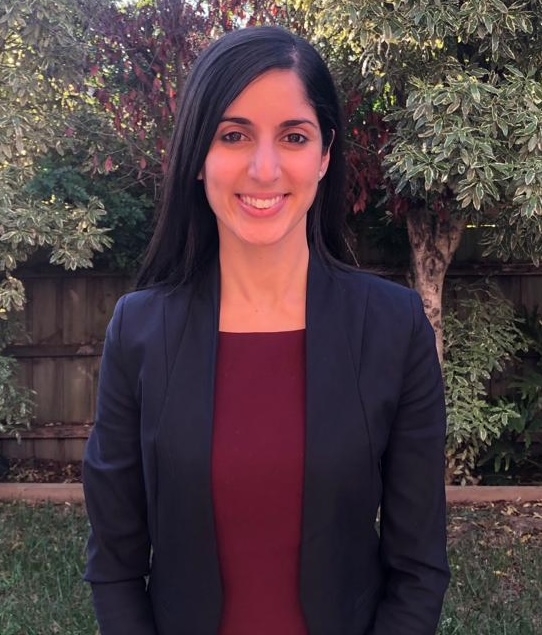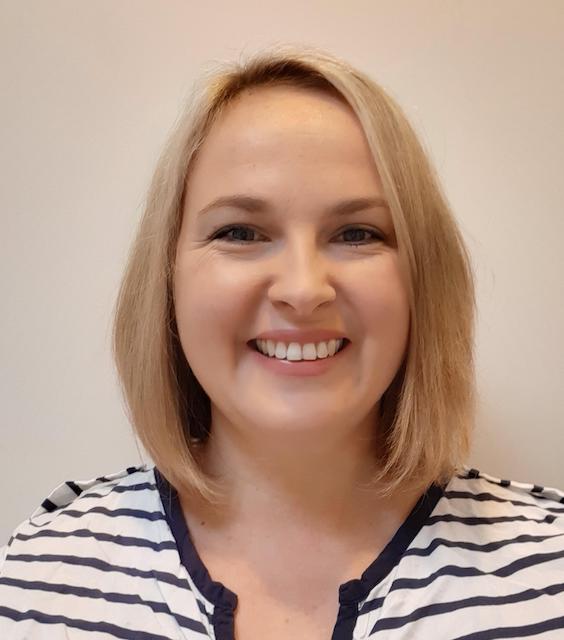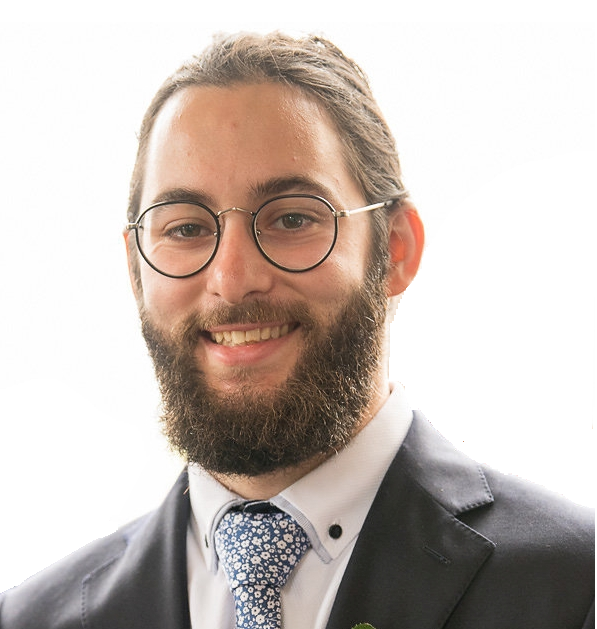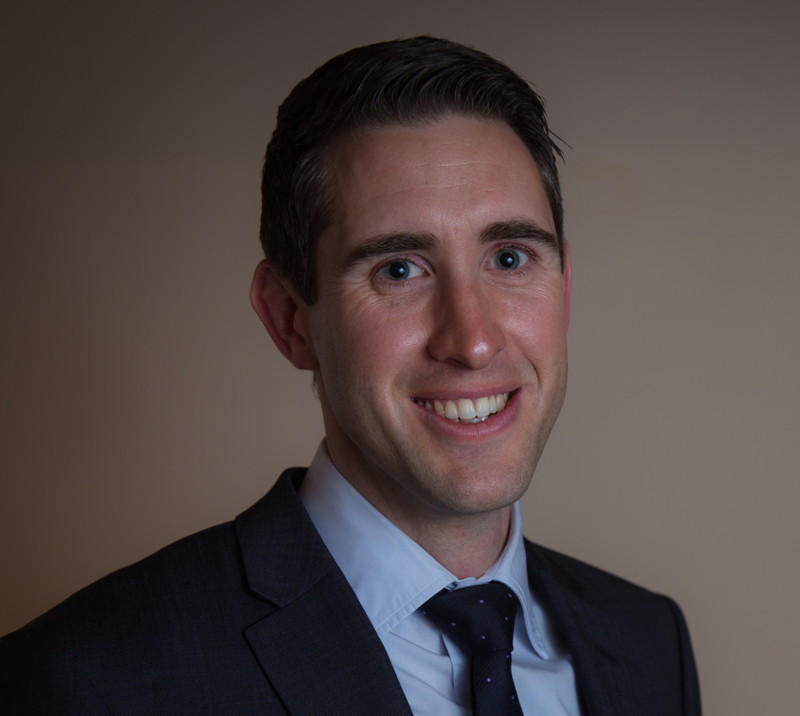About Us
Melbourne Cognitive Services provides private neurological (for adults) and neuropsychological (for adults and children) diagnostic assessment services for behavioural, memory and thinking impairments in the Greater Melbourne region.
We have neurologist and neuropsychological specialists, and can arrange geriatrician, psychiatric and speech pathological evaluations if required.
We also specialise in pre- and post amyloid-PET scan counselling.
Bookings are made online.
Specialists
Our specialists at MCS
A/Prof David Darby

A/Prof David Darby is a behavioural and cognitive neurologist, with expertise in diagnosis and management of adult cognitive impairment (including young onset dementia). He is involved in early detection and research treatment trials.
Dr Karen Robinson

Dr Karen Robinson is a cognitive neurologist trained both in London and in Melbourne. She has expertise in diagnosis and management of adult cognitive impairment (including young onset dementia). She is spearheading the Epworth Freemasons anti-amyloid therapy program, and heads Cognitive Neurology at University Hospital, Geelong.
Dr Natasha Krishnadas

Dr Natasha Krishnadas is a cognitive neurologist with expertise in diagnosis and management of adult cognitive impairment (including young onset dementia). She is actively involved in clinical trials and research (with a particular focus on the use of imaging and blood tests for Alzheimer’s disease and related dementias).
Dr Robert Bourke is a clinical neuropsychologist with extensive expertise in the assessment and management of acquired brain injury, dementia and other forms of cognitive impairment. He works in the areas of acute neurology, rehabilitation, geriatric neuropsychology including the assessment of decision making capacity, and the criminal justice system. He currently works at Monash Medical Centre.
Prof Anderson is a child and adolescent neuropsychologist who takes referrals for paediatric neuropsychological evaluations. Her contact details are: 9345 4679 or Email.
Dr Louise Crowe

Dr Louise Crowe is a psychologist specialising in the cognitive assessment of children from preschool to adolescence. She sees children for assessment in the context of ADHD and autism spectrum disorder and learning difficulties. She also sees children for early school entry and to help understanding of children’s learning style. She has a particular interest in children with acquired and traumatic brain injury as well as genetic disorders. She currently works at Murdoch Childrens Research Institute and the Royal Children’s Hospital. Referrals can be directed by Email or 0422 274 414.
Dr Jesse Shapiro

Dr Jesse Shapiro is a clinical neuropsychology registrar with interests across the developmental spectrum. He is currently taking referrals for a new, more accessible neuropsychology service offering. He is involved in research at the Murdoch Children’s Research Institute into concussion in children, and neonatal stroke. Bookings are via the Bookings request link.
Find us!
Melbourne Cognitive Services, Suite 105, Chelsea House, 55 Flemington Road, North Melbourne VIC 3051.
Parking
There are 4 hour parking meter spaces in neighbouring North Melbourne south of Chelsea House. However, we recommend using professional drivers or public transport.
ADAPT for Dementia Research Project - Community Notification
Dear Attendees at the Melbourne Cognitive Service,
We are conducting a research project called ADAPT for Dementia to improve the early diagnosis of cognitive problems and dementia. Here's what you need to know:
What does ADAPT for Dementia stand for?
Artificial intelligence for Diagnostic Augmentation of PhenoTyping for Dementia
What is the project about?
We want to explore whether new computer technology called artificial intelligence (AI) can help doctors diagnose dementia earlier and more accurately. We use information from people seen in our clinic in the past without revealing their identity. That is, we use things like age, memory test results and your diagnosis if you have one, but not things like your name, date of birth or address. We use the term de-identified to refer to this.
Does this affect you?
We will use de-identified data from attendees to our clinic prior to 30 September 2024.
Will this affect my care?
No. This is a proof-of-concept research project only. It will not be implemented or used on any existing or new patients seen in clinic. It will not impact the care of any patient (current or past) in any way.
Is my information safe?
Yes. We have strict security measures in place to protect your privacy:
- Only de-identified data will be used in the research project
- Only approved researchers will have access to the de-identified data
- All data will be stored locally on secure hospital and university servers
- Your data will NOT be uploaded to ChatGPT, other public AI services, or any public database
Do I have to participate?
No. Your participation is voluntary. If you do not want your de-identified data used in this study, you can opt out at any time.
How do I opt out?
To opt out, please contact Dr. Maja Christensen at maja.christensen@monash.edu. Simply state that you wish to opt out of the ADAPT for Dementia project.
Questions?
If you have any questions about the project, please contact Dr. Maja Christensen via email.
Thank you for your consideration.
- Dr Maja Christensen
- Principal Investigator, ADAPT for Dementia Research Project
- Email: Dr Maja Christensen
Coding by Cerescape.

